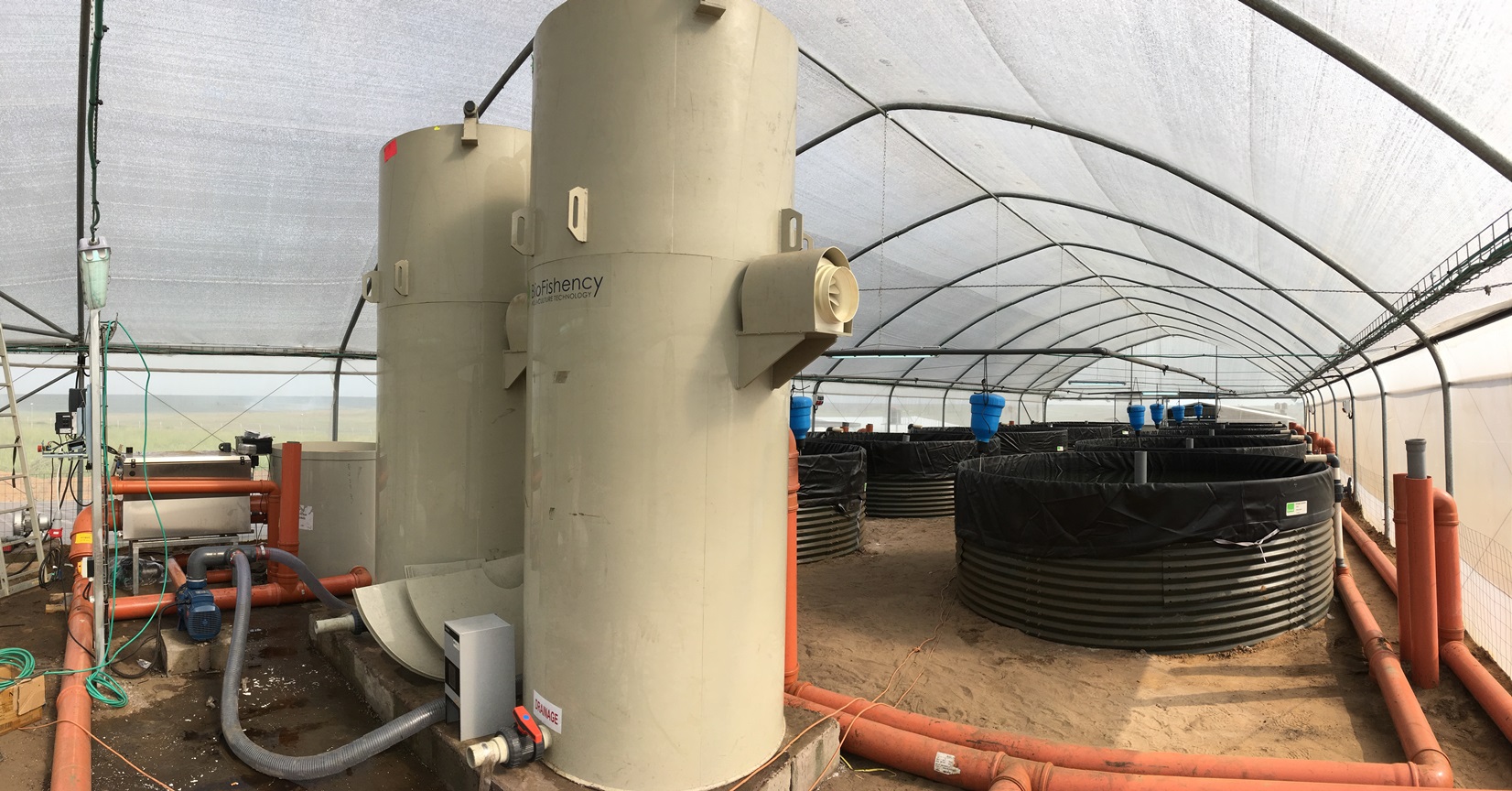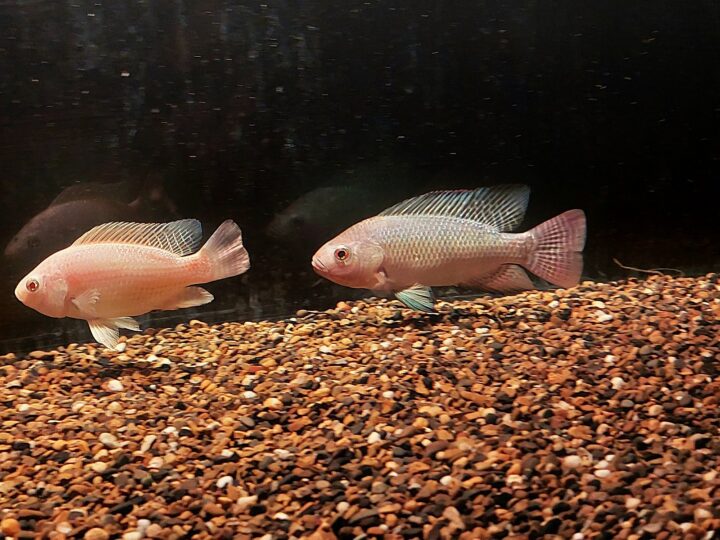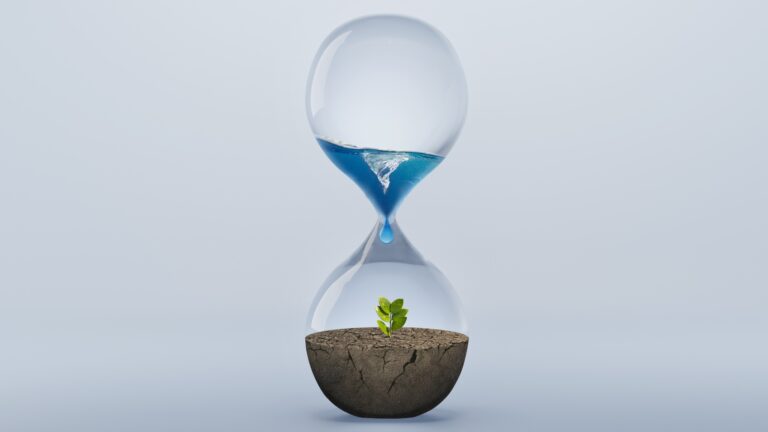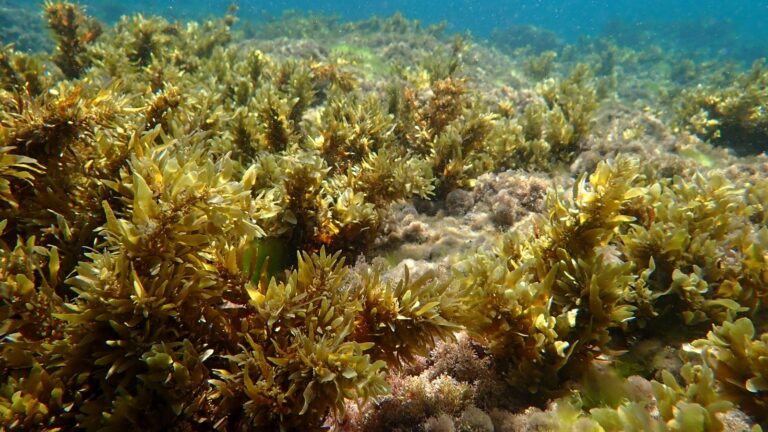As fish are an important source of inexpensive protein across the world, Israel’s BioFishency is ramping up its plug-and-play aquaculture water-treatment installations in the developing world, most recently in Congo and Indonesia.
The BioFishency Mini RAS (Recirculating Aquaculture System) makes effective water treatment accessible in land-based operations that use fresh, brackish or seawater. The system overcomes two key challenges in raising fish commercially: limited water availability and buildup of toxic ammonia from fish waste.
The system allows growers to reduce water consumption by up to 85 percent while increasing yield 2.5 times.
One BioFishency system was installed earlier this month in an Indonesian plant that raises Whiteleg (Pacific white) shrimp in high-density seawater conditions.
In March, a BioFishency Mini RAS was installed in the Republic of Congo, on a fish farm north of Brazzaville that produces 20 tons of African catfish annually.
According to BioFishency CTO Igal Magen, “Because the Mini RAS adapts well to a commercial fish-farming model, it addresses the social and economic needs of the community, including development of both employment and business opportunities for small-medium enterprises.”
Last year, BioFishency outfitted a catfish farm in Bangladesh and a barramundi farm in northern India with the Mini RAS.
BioFishency was founded in 2013 and operates within the framework of the Trendlines Agtech business incubator.
Fighting for Israel's truth
We cover what makes life in Israel so special — it's people. A non-profit organization, ISRAEL21c's team of journalists are committed to telling stories that humanize Israelis and show their positive impact on our world. You can bring these stories to life by making a donation of $6/month.









